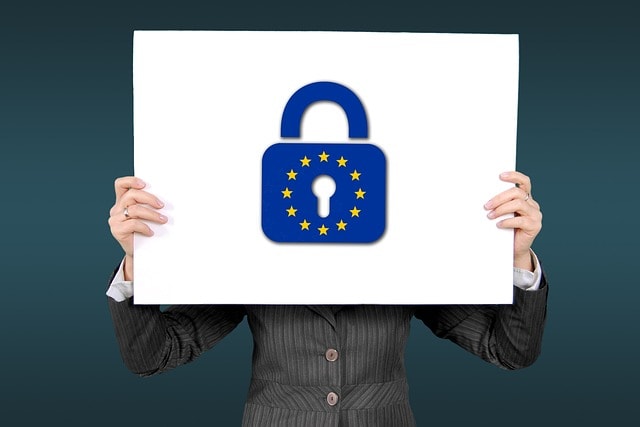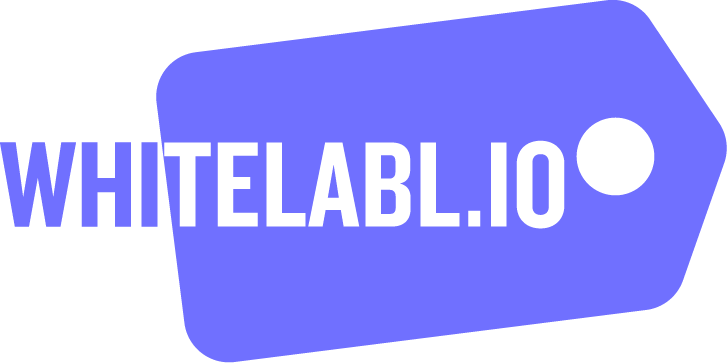The General Data Protection Regulation (GDPR) is a landmark piece of legislation introduced by the European Union to enhance privacy and give individuals greater control over their personal data. Implemented on May 25, 2018, GDPR is one of the most comprehensive privacy laws globally, setting a high standard for data protection and transparency. This article will walk you through the essentials of GDPR compliance in WordPress.
What Does GDPR Cover?
The GDPR governs how businesses and organizations collect, process, store, and share personal data of individuals within the EU. Importantly, it applies not only to EU-based organizations but also to those outside the EU that offer goods or services to EU residents or monitor their behavior. This extraterritorial reach ensures that companies worldwide adhere to the regulations when they interact with EU citizens.
Personal data, as defined under GDPR, includes any information that can directly or indirectly identify an individual. This encompasses names, email addresses, IP addresses, physical addresses, financial information, and even browsing habits. Essentially, any data that links to a person’s identity falls under GDPR’s purview.
A data processing agreement is crucial for ensuring compliance with GDPR when handling personal data. It outlines how personal data is collected, processed, and stored, helping organizations meet their legal obligations and protect user privacy.
Learn About: A Step-by-Step Guide to Outsourcing WordPress Site Maintenance
Why is GDPR Important?

GDPR reflects the growing emphasis on privacy in the digital age, where vast amounts of personal data are collected and processed daily. The regulation is designed to address concerns over data misuse, unauthorized access, and insufficient transparency in data handling practices. By mandating stringent rules, GDPR aims to restore consumer trust and promote responsible data management.
Consequences of Non-Compliance
Non-compliance with GDPR carries serious repercussions. Organizations found in breach of the regulation may face substantial financial penalties, which are structured to be proportionate to the severity of the violation:
- Lower-tier fines: Up to €10 million or 2% of the company’s global annual revenue, whichever is higher, for less severe breaches, such as failing to maintain proper records or failing to notify supervisory authorities of a data breach.
- Higher-tier fines: Up to €20 million or 4% of global annual revenue, whichever is higher, for more severe breaches, such as mishandling personal data or failing to obtain proper consent.
Beyond financial penalties, non-compliance can severely damage a company’s reputation. Public trust is difficult to regain once lost, especially in the competitive online marketplace where user confidence is paramount.
Read: How to Get the Most Out of Your White Label WordPress Support: An Agency Guide
Additional Reasons Why Adhering to GDPR Standards Matters
For website owners, adhering to GDPR is not merely a legal obligation but also a strategic move to build trust with users. Transparent data practices signal to visitors that their privacy is valued, encouraging them to engage with your site more confidently.
By understanding and implementing GDPR principles, website owners can establish themselves as trustworthy custodians of user data while avoiding financial and reputational pitfalls associated with non-compliance.
Collecting Personal Data on Your WordPress Website
Collecting personal data on your WordPress website is a common practice, but it’s essential to do so in a way that complies with the General Data Protection Regulation (GDPR). As a website owner, you must ensure that you’re transparent about the personal data you collect, store, and process.
Discover: The Future of SEO: Trends That Will Impact White Label SEO Services in the Next Five Years
Processing Personal Data in Compliance with GDPR
Data processing encompasses activities such as storing, managing, and utilizing user information. WordPress websites gather personal data through various channels such as contact forms, comment sections, and email marketing plugins. Data handling features in WordPress are crucial for GDPR compliance, enabling users to export and erase personal data easily.
Under GDPR, explicit user consent is mandatory before collecting any personal data. This includes informing users about the type of data being collected and its intended use. Transparent communication fosters trust and ensures compliance. WordPress facilitates personal data requests, allowing users to access or erase their personal data through the site’s dashboard.
To remain compliant, ensure the existence of:
- Data Processing Agreements: Establish contracts with any third-party services that handle user data on your behalf.
- Data Protection Measures: Implement robust safeguards to secure user data against breaches or misuse. Encryption, strong passwords, and limited access to sensitive information are some practical measures.
Learn: White Label WordPress Development: Legal and Ethical Considerations
Implementing GDPR Compliance Measures

Ensuring your WordPress website meets GDPR standards is vital to avoid penalties and build user trust. Key actions include:
- Reviewing and updating WordPress plugins and themes to ensure GDPR compliance. It is also crucial to implement a cookie consent banner to inform visitors about cookie usage and ensure compliance with GDPR regulations.
- Regularly auditing your website’s data collection and storage practices. Additionally, managing users’ personal data in compliance with GDPR regulations is essential to maintain transparency and protect user rights.
Adding an Updated Privacy Policy
A detailed privacy policy is a cornerstone of GDPR compliance. This document should outline how your website collects, stores, processes, and uses personal data. WordPress provides a built-in privacy policy generator to help you create a compliant template. Customize this to include specific details about your website’s data-handling practices.
Read: How Hiring a White Label Agency for WordPress Migration Projects Can Boost Your Agency’s Efficiency?
Encrypting Your Website with HTTPS
Switching to HTTPS is an essential step in enhancing website security and GDPR compliance. HTTPS, in conjunction with a Secure Sockets Layer (SSL) certificate, encrypts data exchanges between your site and its users, reducing the risk of interception.
In addition to improving security, HTTPS positively influences your website’s ranking on search engine results pages (SERPs), as Google prioritizes secure websites.
Ensuring Data Security and Portability
The GDPR emphasizes user data security and portability. As a website owner, you must:
- Protect user data through encryption, secure storage, and regular backups.
- Provide users with the ability to export personal data and erase personal data upon request, as mandated by GDPR.
Managing User Consent and Rights
A fundamental aspect of GDPR compliance is managing user consent and respecting their rights. Key practices include:
- Explicit Consent: Clearly inform users and obtain their consent before collecting any personal information.
- User Rights: Facilitate user access to their data and allow them to modify or delete it upon request.
Further Reading: White Label WordPress Development: Legal and Ethical Considerations
Using GDPR-Compliant Plugins and Tools
Leverage WordPress plugins and tools designed to ensure GDPR compliance. The WordPress dashboard plays a crucial role in managing GDPR compliance features, providing a central hub for accessing important data handling operations and privacy settings.
Popular options include plugins that manage cookie consent, user data access requests, and data erasure processes. Regularly review and update these tools to maintain compliance with evolving regulations. Using GDPR-compliant WordPress plugins is essential to ensure your WordPress site meets GDPR requirements.
Conclusion
GDPR compliance is a necessary and ongoing process for WordPress website owners. By understanding and implementing measures like updating your privacy policy, encrypting your website, securing data, and managing user consent, you can ensure your site meets GDPR requirements. Staying proactive not only avoids penalties but also fosters trust and credibility with your audience.



